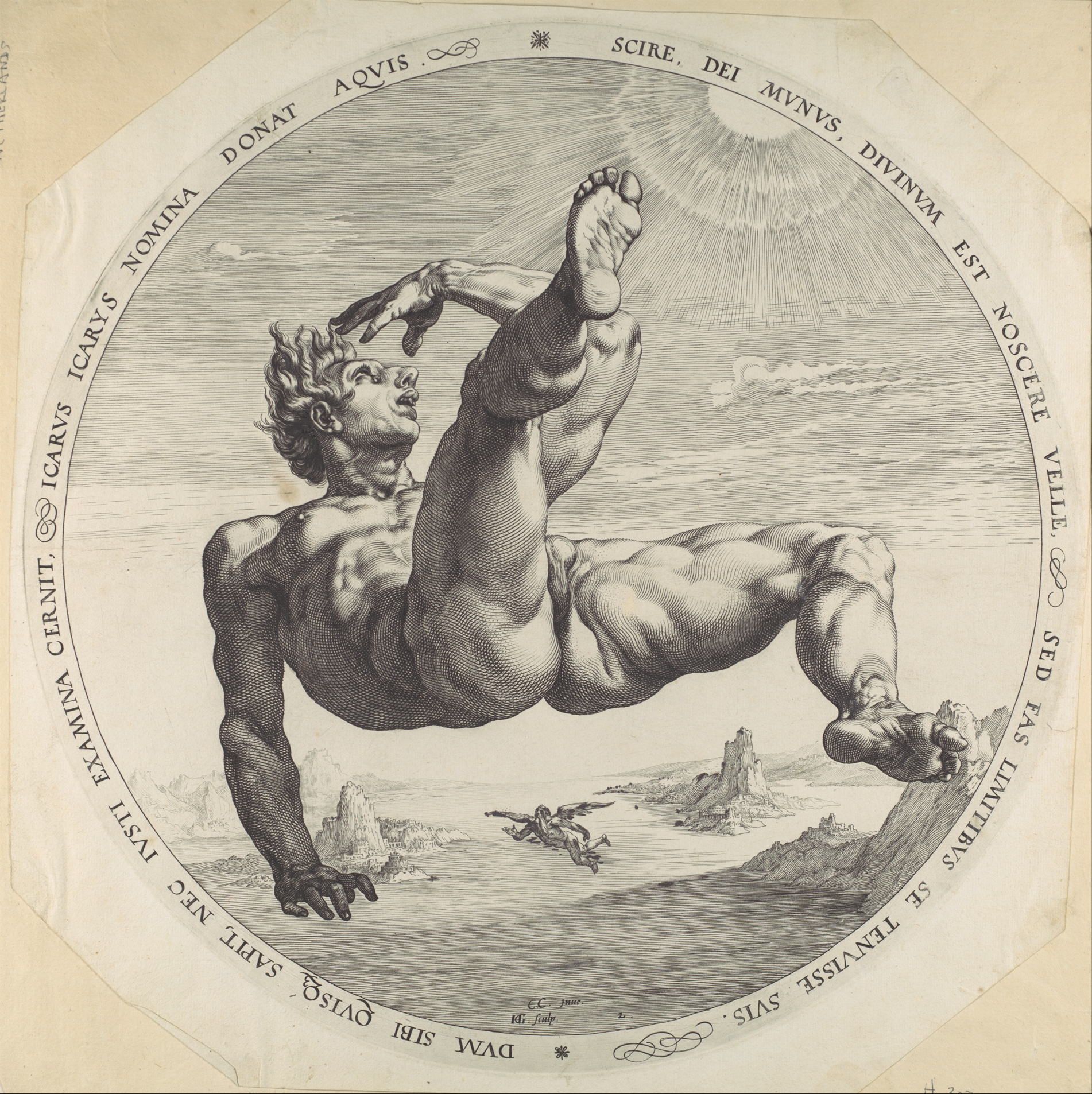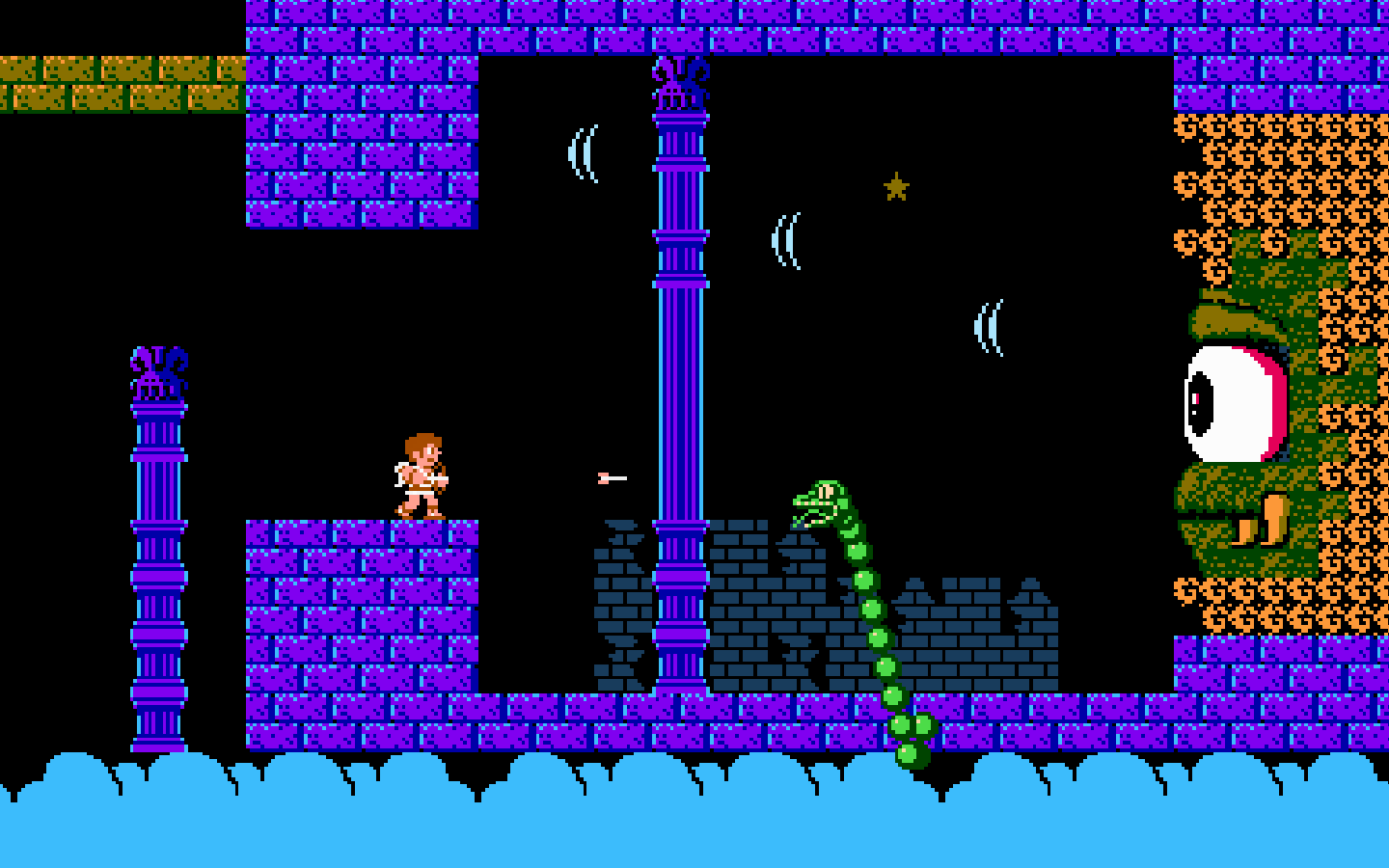The swamps are still burning at Chef Menteur and the sky over Gentilly is the color of ashes (p.17).
Walker Percy. The Moviegoer. Bantam Paperback. 1960
Hi, I’m Greig — welcome! Here you’ll find sharp writing, creative ideas, and standout resources for teaching, thinking, making, and dreaming in the middle and high school ELA and Humanities classroom (Grades 6–12).
The swamps are still burning at Chef Menteur and the sky over Gentilly is the color of ashes (p.17).
 I am an educator and a writer. I was born in Louisiana and I now live in the Big Apple. My heart beats to the rhythm of "Ain't No Place to Pee on Mardi Gras Day". My style is of the hot sauce variety. I love philosophy sprinkles and a hot cup of café au lait.
I am an educator and a writer. I was born in Louisiana and I now live in the Big Apple. My heart beats to the rhythm of "Ain't No Place to Pee on Mardi Gras Day". My style is of the hot sauce variety. I love philosophy sprinkles and a hot cup of café au lait.
|
|
| "Icarus" by Henri Matisse |

|
| Image source: Icarus (from the Four Disgracers) by Hendrick Goltzius, 1588. |

|
| Kid Icarus from Nintendo |

|
| Film still from Jim Henson's "Storyteller" version of the Icarus myth |
Dive deeper into the myth with this interactive, standards-aligned resource!
Perfect for ELA and Humanities teachers, this lesson features readings, visual organizers, critical thinking questions, and creative writing prompts—all inspired by Daedalus and his legendary maze.
 Explore more resources for teaching mythology and literature at Stones of Erasmus on TpT!
Explore more resources for teaching mythology and literature at Stones of Erasmus on TpT!
 I am an educator and a writer. I was born in Louisiana and I now live in the Big Apple. My heart beats to the rhythm of "Ain't No Place to Pee on Mardi Gras Day". My style is of the hot sauce variety. I love philosophy sprinkles and a hot cup of café au lait.
I am an educator and a writer. I was born in Louisiana and I now live in the Big Apple. My heart beats to the rhythm of "Ain't No Place to Pee on Mardi Gras Day". My style is of the hot sauce variety. I love philosophy sprinkles and a hot cup of café au lait.
.jpg) |
| Michelangelo never finished this sculpture of a crouching boy intended for a decoration in the Medici Chapel of San Lorenzo in Florence. source: wikimedia |

 I am an educator and a writer. I was born in Louisiana and I now live in the Big Apple. My heart beats to the rhythm of "Ain't No Place to Pee on Mardi Gras Day". My style is of the hot sauce variety. I love philosophy sprinkles and a hot cup of café au lait.
I am an educator and a writer. I was born in Louisiana and I now live in the Big Apple. My heart beats to the rhythm of "Ain't No Place to Pee on Mardi Gras Day". My style is of the hot sauce variety. I love philosophy sprinkles and a hot cup of café au lait.
 |
| New Orleans has been governed by the Spanish, the French, and the Americans in its long history. |
 I am an educator and a writer. I was born in Louisiana and I now live in the Big Apple. My heart beats to the rhythm of "Ain't No Place to Pee on Mardi Gras Day". My style is of the hot sauce variety. I love philosophy sprinkles and a hot cup of café au lait.
I am an educator and a writer. I was born in Louisiana and I now live in the Big Apple. My heart beats to the rhythm of "Ain't No Place to Pee on Mardi Gras Day". My style is of the hot sauce variety. I love philosophy sprinkles and a hot cup of café au lait.
I teach fifth and sixth graders a weekly class on research and study skills in the school computer lab. Lately I’ve been hooked on showing kids how to find information beyond a basic Google search.
Students can “google,” but they rarely dig deeper than the first page of results. Enter Britannica School.
No need to dust off those print encyclopedias! New York residents can access Britannica School online. In our bi-weekly research sessions we log in through NOVELNY (New York Online Electronic Library). After creating personal accounts, students explore full-text articles, images, and engaging videos, saving everything to digital folders. Look out, world—lifelong learners are on the loose!
 I am an educator and a writer. I was born in Louisiana and I now live in the Big Apple. My heart beats to the rhythm of "Ain't No Place to Pee on Mardi Gras Day". My style is of the hot sauce variety. I love philosophy sprinkles and a hot cup of café au lait.
I am an educator and a writer. I was born in Louisiana and I now live in the Big Apple. My heart beats to the rhythm of "Ain't No Place to Pee on Mardi Gras Day". My style is of the hot sauce variety. I love philosophy sprinkles and a hot cup of café au lait.